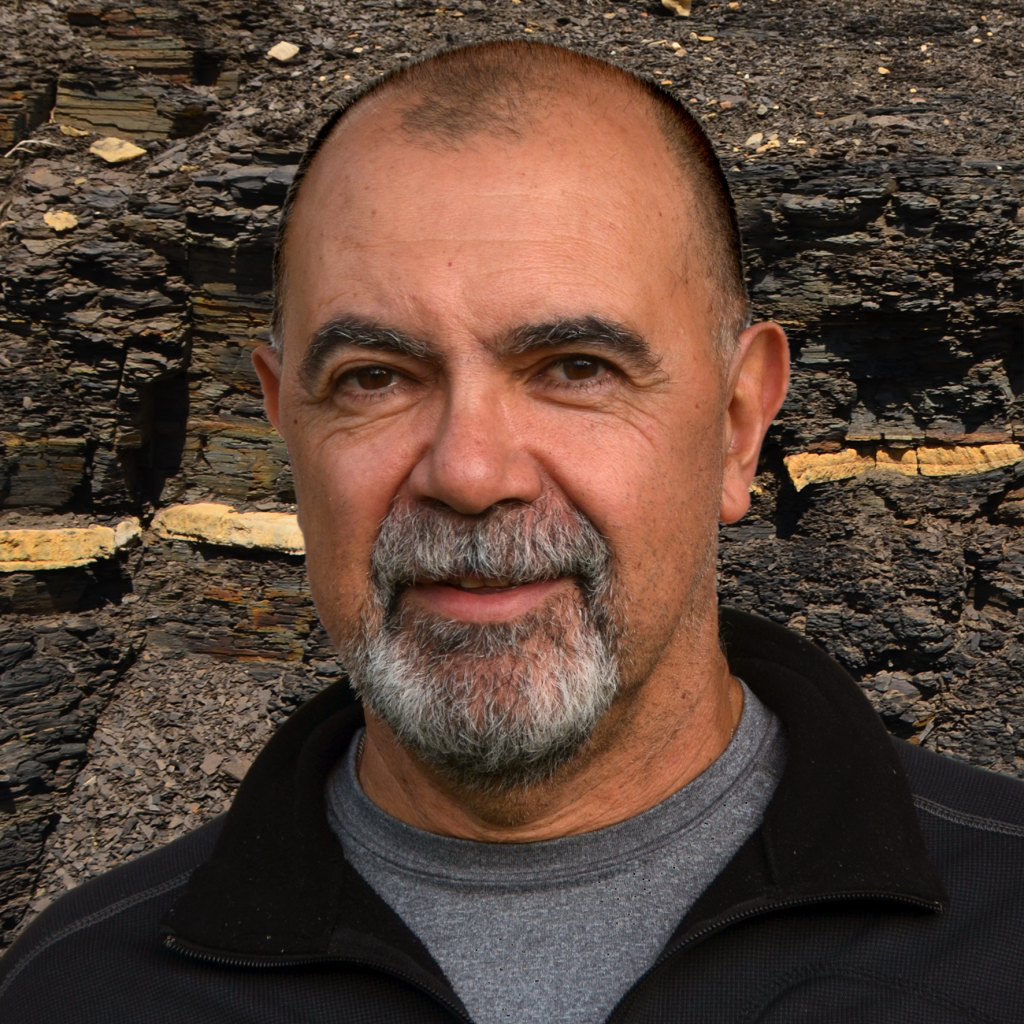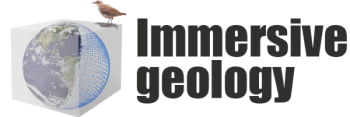
2022
November
14 to 19
NEUQUEN BASIN ARGENTINA
Leader
Professor Carlos Zavala

Professor Carlos Zavala is geologist (1987), with a Ph.D. (1993) in stratigraphy and clastic sedimentary environments. During 1994-1996 he moved to Italy to perform a specialization in turbidites with Prof. Emiliano Mutti. He has conducted numerous research and technical studies in clastic sedimentary deposits from the Proterozoic through the Holocene in several depositional basins of Argentina, Italy, Spain, Mexico, Brazil, Colombia, Venezuela, Trinidad & Tobago, China, Russia and Oman. His main contributions refer to different aspects of sedimentology and stratigraphy of ancient clastic depositional environments, with emphasis in sediment gravity flow and hyperpycnal deposits in shallow to deep waters. He authored 216 scientific papers and abstracts published in both domestic and international journals. For more than 25 years, Prof. Zavala has been conducting training courses for the academia and the industry. At present he is Professor at the Universidad Nacional del Sur (Argentina) and the leader of GCS ARGENTINA SRL, a company aimed in providing high quality research and consulting services to the oil industry.
in-person field trip
Interpretation and discussions against the outcrops, theoretical master classes responding to the problems raised.
Price
2500 USD + tax (Single attendant). Please ask for corporative prices and early bird prices.
This price includes:
- Transfer service from Nequen airport, places to visit and return to Neuquen airport
- Field guide and theory guide
- Premium lunches in the field
Ask for our corporate prices
Registration
To register and learn about our payment methods, write to: info@immersivegeology.com or info@gcsargentina.com
In recent years there have been substantial advances in the understanding of clastic depositional systems that have deeply changed our paradigms about sedimentary models and their associated reservoirs. For decades, static models used in the industry were built according to present sedimentary environments (mostly geomorphological environments) that have little or no preservation potential in the stratigraphic record. On the other hand, depositional environments, the true rock builders, remained poorly understood. This fact has resulted in static models that rarely fit reality (eg present vs. fossil river systems, present vs. fossil deltas, etc.), which do not contribute to reducing risk during E & P. Recent studies show that these new advances in the understanding of gravity flows, delta systems (at their different scales) and lacustrine systems make it possible to explain in a rational and predictive way the presence, quality and extent of conventional clastic reservoirs, as well as the variability, characteristics, extent and potential of unconventional systems (shale).
During the Clinics in Sedimentology, the participants will receive an update on the new paradigms applied to the understanding of conventional and unconventional clastic reservoirs. Throughout 5 days, the participants will have the opportunity to review the main fossil depositional environments from continental to deep marine systems, and their associated reservoirs. The excellent outcrops of the Neuquén Basin, combined with excellent explanations and discussions provide a unique scenario to allow a high-level training. The concepts are applicable both to professionals who work in the Neuquén Basin as well as in other productive and exploratory frontier basins. More than 20 years of experience allow us to guarantee excellent logistics, with gourmet lunches in selected natural environments.
This course applied to Reservoirs is aimed at geologists, geological engineers, geophysicists and paleontologists, and tries to provide theoretical support and basic tools to enable the reinterpretation of problematic reservoirs, since it proposes more than a facies model, a method of reasoning applicable to different basins.
The Clinics in Sedimentology comprises 5 full days of field work. However, an additional day should be considered for logistical reasons. The course will take place according to the following schedule:
Monday 17
(In the morning): Arrival at Neuquén international airport. On Monday, April 10, there are at least three flights from the airport that arrive before 10:20 a.m.
11:00: Departure to Zapala
1:00 p.m.: arrival at the hotel. accommodation and lunch
15:00: Field trip and introductory talk. Huarenchenque. Fluvial systems
19:00: Arrival at the Hotel
Tuesday 18
8:30 a.m.: Field trip. Picún Leufú area. Continental and shallow marine systems. Lunch in the field.
19:00: Arrival at the Hotel
Wednesday 19
8:30 a.m.: Field trip. Bajada del Agrio area. Continental and shelfal systems. Lunch in the field.
19:00: Arrival at the Hotel
Thursday 20
8:30 a.m.: Field trip. Arroyo Carreri area / Los Catutos. Shallow marine and shelfal systems. Lunch in the field.
19:00: Arrival at the Hotel
Friday 21
8:30 a.m.: Field trip. Arroyo La Jardinera area. Deep marine systems. Lunch in the field.
19:00: Arrival at the Hotel
Saturday 22
8:30 a.m.: Field trip. Arroyo Covunco area. Shallow marine and shelfal systems. Lunch in the field.
2:00 p.m.: Departure to Neuquén
16:00 arrival at Neuquén airport
